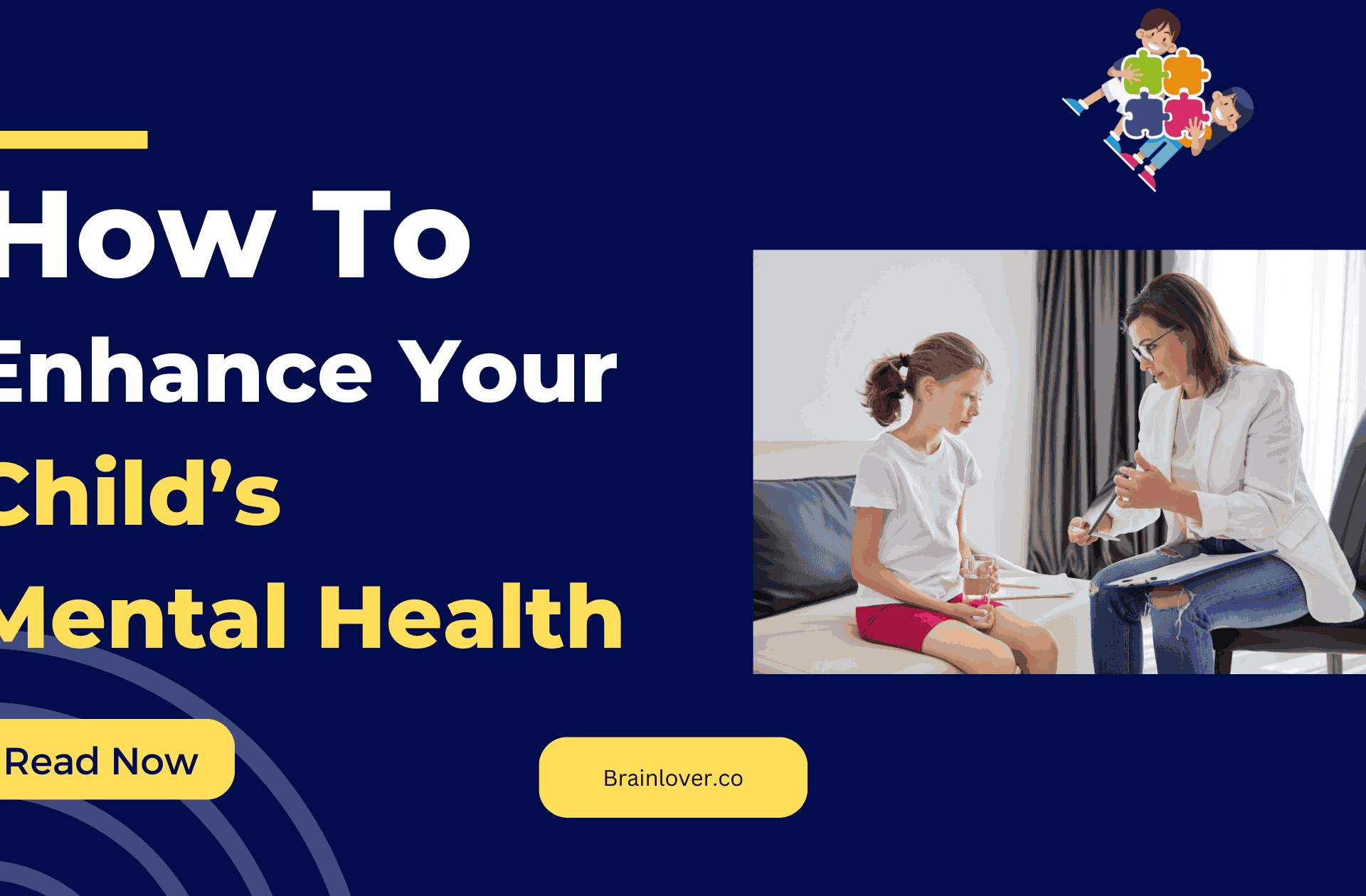How Mental Filtering Affects Your Life

Imagine a spotlight that illuminates only flaws while leaving strengths in the shadows.
This is the essence of mental filtering—a cognitive distortion that selectively highlights the negative while obscuring the positive.
Through this post, you’ll unpack how this biased mindset sabotages your well-being and learn actionable steps to reclaim a balanced, joyful life.”
What Is Mental Filtering?

Mental filtering, also known as cognitive filtering or selective attention, is a cognitive distortion and a type of cognitive bias that involves focusing on certain aspects of a situation while ignoring or dismissing others.
It refers to the tendency of individuals to selectively pay attention to information, experiences, or evidence that align with their pre-existing beliefs, expectations, or emotional state while filtering out or downplaying information that contradicts or challenges those beliefs.
In other words, people who engage in mental filtering tend to “filter” their perception of reality by only allowing certain information to pass through their mental “filter,” often disregarding information that might provide a more balanced or accurate view of a situation.
This can lead to distorted thinking patterns and reinforce existing biases or negative thought cycles.
For example, if someone is prone to mental filtering and has low self-esteem, they might only focus on instances where they perceived themselves as failing or being criticized while ignoring instances where they succeeded or received positive feedback.
This skewed focus can contribute to their negative self-perception.
Mental Filtering Symptoms

Here are some common signs and symptoms of mental filtering:
- Selective Perception: The person only notices or remembers information confirming their pre-existing beliefs, while ignoring or downplaying information contradicting those beliefs.
- Exaggeration of Negative: They tend to magnify and dwell on negative aspects of situations, events, or themselves, often overlooking positive or neutral aspects.
- Black-and-White Thinking: Individuals may see things in extreme, all-or-nothing terms. They view situations as completely good or bad, without recognizing the nuances or middle ground.
- Confirmation Bias: People with mental filtering tend to actively seek out and value information that supports their beliefs, and they may dismiss or discount information that challenges them.
- Self-Criticism: They might constantly focus on their perceived flaws, mistakes, or shortcomings while neglecting their strengths and achievements.
- Emotional Amplification: Negative emotions are amplified due to the intense focus on negative aspects, leading to increased feelings of anxiety, sadness, or frustration.
- Rumination: Mental filtering can lead to repetitive and obsessive thinking about a specific negative aspect of a situation, making it difficult to move on or see the bigger picture.
- Limited Problem-Solving: The tendency to overlook potential solutions or alternative perspectives due to the narrowed focus on negative or worrisome aspects.
- Impaired Decision-Making: Individuals may struggle to make balanced decisions because they are fixated on a subset of information that doesn’t provide a comprehensive view of the situation.
- Negative Self-Talk: Persistent negative self-talk and self-criticism reinforces feelings of inadequacy or unworthiness.
Consequences Of Mental Filtering

Listed below are the probable consequences of mental filtering:
- Increased Stress and Anxiety: Focusing primarily on negative aspects or worst-case scenarios can lead to heightened stress and anxiety levels. Ignoring positive information can create a distorted perception of the world as a threatening or negative place.
- Depression and Low Mood: Constantly magnifying and dwelling on negative experiences can contribute to feelings of sadness, hopelessness, and depression.
Related: Fake Depression | Depressive Nostalgia | Depression Nap - Impaired Self-Esteem: By filtering out positive feedback and accomplishments, individuals may struggle with maintaining healthy self-esteem and self-worth.
- Rigidity in Thinking: Mental filtering can lead to inflexible thinking patterns, making it difficult to adapt to new information or alternative viewpoints.
- Cognitive Biases Reinforcement: Engaging in mental filtering can reinforce other cognitive biases, as individuals selectively gather and interpret information that supports their existing biases.
- Decline in Resilience: The inability to see positive aspects or alternative perspectives can diminish an individual’s ability to cope with challenges and setbacks effectively.
- Impaired Decision-Making: Making decisions based on incomplete or skewed information can lead to poor choices and regrets in the long run.
- Reduced Enjoyment: Ignoring positive aspects of experiences can lead to reduced enjoyment of life’s moments and activities.
- Self-Fulfilling Prophecies: Dwelling on negative outcomes can increase the likelihood of those outcomes occurring, as a person’s thoughts and behaviors are influenced by their negative filtering.
- Missed Opportunities: Failing to recognize and capitalize on positive opportunities due to a narrow focus on negatives can limit personal and professional growth.
- Diminished Emotional Regulation: Magnified negative emotions can make it harder for individuals to manage their emotions effectively.
- Cycle of Negativity: Mental filtering can perpetuate a cycle of negative thinking, where negative interpretations reinforce negative emotions, leading to further filtering and distress.
How To Overcome Mental Filtering?

Overcoming mental filtering involves recognizing this cognitive distortion and actively working to change your thought patterns and behaviors.
Here are some strategies that can help you overcome mental filtering:
Awareness and Mindfulness
- Start by becoming aware of when you’re engaging in mental filtering. Pay attention to instances where you focus only on negative aspects and ignore positives.
- Practice mindfulness to help you stay present and observe your thoughts without judgment. This can help you catch instances of mental filtering as they arise.
Question Your Thoughts
Challenge your negative thoughts by asking yourself questions like:
- “Is there evidence to support this thought?”,
- “Are there other ways to interpret this situation?”,
- “Am I only focusing on the negative?”
Consider whether your thoughts are based on facts or assumptions.
- Are there alternative explanations for the situation?
Seek Balance
- Make an effort to consider both the positive and negative aspects of a situation. Balance your perspective by actively searching for positive aspects you might be overlooking.
Practice Cognitive Restructuring
- Cognitive restructuring is a core technique in cognitive behavioral therapy (CBT). Identify the negative thought, examine the evidence for and against it, and replace it with a more balanced and realistic thought.
Challenge Perfectionism
- If you have a tendency to focus on imperfections or mistakes, remind yourself that nobody is perfect. Embrace a more forgiving and realistic perspective.
Mind-Reading and Assumptions
- Recognize when you’re assuming what others are thinking or predicting negative outcomes without concrete evidence. Challenge these assumptions by seeking clarification or considering alternative explanations.
Challenge Your Comfort Zone
- Deliberately expose yourself to situations that challenge your negative beliefs. This can help you gather new evidence and expand your perspective.
Professional Help
Consider seeking support from a mental health professional, such as a therapist or counselor. They can provide guidance and techniques tailored to your specific situation.
Takeaway
Mental filtering limits your happiness and potential by clouding your perception with negativity.
The good news? You can break free.
Through awareness, cognitive restructuring, and maybe a bit of professional help, you can recalibrate your mental lens to see life’s full spectrum.
It’s tough work, but the payoff is a richer, more balanced life.









